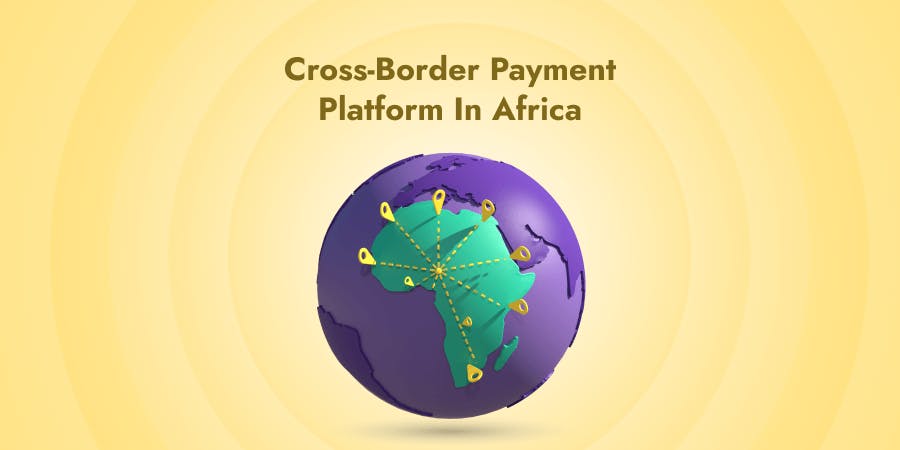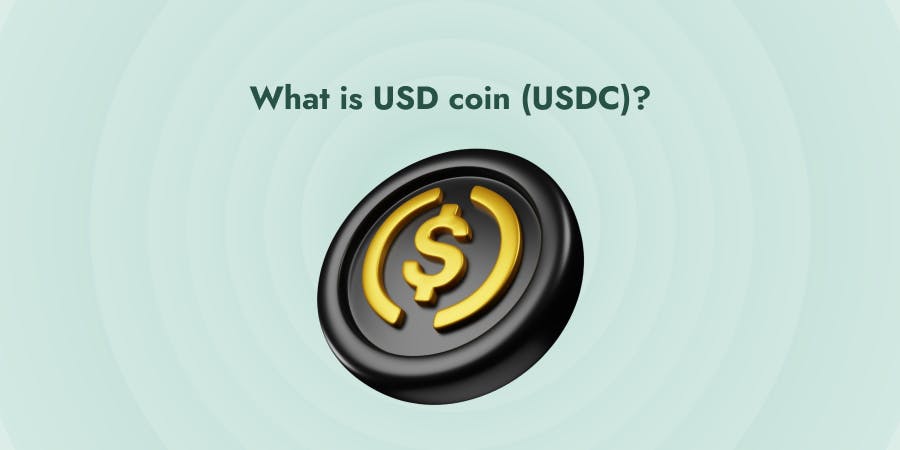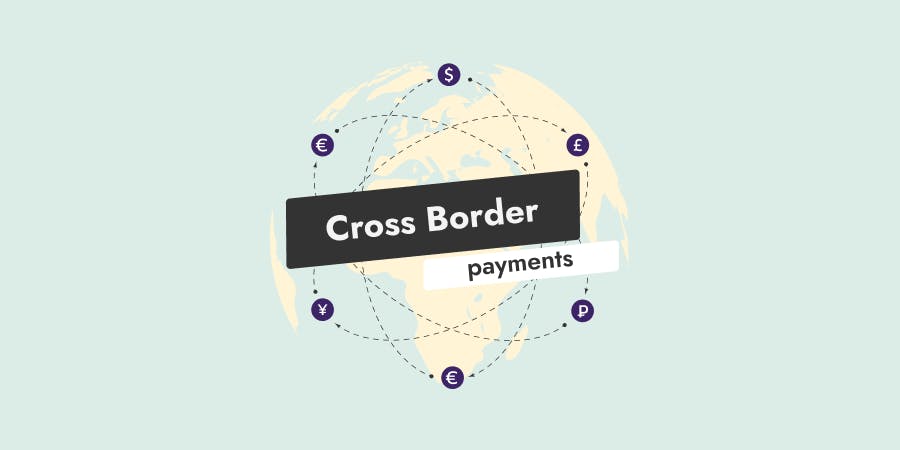
How To Choose The Right Cross-Border Payment Platform In Africa
Beginner
4 mins read
2 mths ago
Over time, we may need to send money outside the country for payment of services, funds to family and friends, business purposes and more. Cross-border payments, unlike local payments, can be challenging because of the numerous processes involved. This can make it even more of a hassle as you select the best cross-border payment option that fulfils your needs without putting your funds and security at risk.
In this article, we outline what cross-border payment is and what to look out for when choosing a cross-border payment to ensure you get the best service.
What is cross-border payment?
Cross-border payment is the transfer of funds in which the sender and the receiver are not in the same country. Cross-border payments require the exchange of currencies, which makes it even slower and more complex to complete, unlike local transactions. Big players in the financial ecosystem, like banks, might seem like the best alternative, but they are limited and can even become harder to access. This is because their services, which are not only expensive, and slow, can be overwhelming because of the numerous processes and documentation required.
Many people have turned to alternative payment solutions to help them efficiently process their cross-border payments. Yet, If you don't know what to look for, choosing the correct cross-border payments could seem challenging.
5 things to look out for when selecting a cross-border payment option in Africa
Here, we highlight essential factors to consider when choosing a cross-border payment option to ensure the process is seamless and easy as possible.
- Speed
One crucial factor you must consider with cross-border payment is speed. Cross-border payments using banks typically take about 2 to five days and sometimes weeks or months. Even remittance firms like MoneyGram and Western Union tend to take days. This can be a challenge if you have to process transactions immediately. You must look out for speed; you want transactions in minutes or hours at most. - Transaction Fees/Rates
One of the significant challenges of cross-border payment is that it is very expensive. With banking entities and remittance firms, you have to go through multiple channels to process transactions—these channels each charge a small fee which cumulates into exorbitant fees. You need to be on the lookout for cheaper transaction fees, as the expensive fees can take up a significant chunk of your funds. - Security
In a bid to get the cheapest rate, never ignore your security. There have been several scams in which people used fraudulent third-party channels and ended up losing their funds. Ensure that the cross-border payment channel selected is trusted and secure. You can research by checking their websites and what other customers have to say about them. Ensure you choose a reputable cross-border payment channel with optimum security features. - Accessibility:
Since cross-border payments include currency conversion, you must consider the destination nation. Is the cross-border payment option available in that region? Do they also have the currency the receiver uses available? This is because the receiver will only be able to convert the funds to their currency if available. You want to ensure the person receiving the money can easily access the funds using the payment options available in their country. - Ease of Use
One of the challenges people experience with traditional cross-border payment is that they involve complicated processes and rigorous documentation before you can conduct your transaction. You must consider whether the payment options are easy to manoeuvre or use.
Cross-border payment channels with a complex user interface may be difficult to use and cause you to make mistakes that could lead to losing your funds. It is not a good idea to use a payment channel you do not understand or that you’ll always need help before you can process transactions. If you can, what if the sender or receiver doesn’t know how to? You need to consider how easy and seamless it is to use.
Why Yellow Is Your Best Alternative For Cross-Border Payment
Cross-border payments can be a hassle because of the currency exchange; however, finding one that meets all these requirements is even more challenging. Fortunately, the Pan African crypto exchange Yellow Card recognises the challenges Africans face with cross-border transactions. As part of its mission, “financial inclusion for all”, Africans can easily process transactions using its payment product, Yellow Pay.
Yellow Pay not only allows you to complete cross-border transactions instantaneously but Yellow Card’s top-notch security mechanisms are designed to ensure your security and the security of your funds. Yellow Pay is available in over 15+ countries in which Yellow Card is operational with representatives in these countries to ensure your transactions are completed seamlessly and effortlessly.
That’s not all! With Yellow Pay, you can easily transfer money in your local currency, and the receiver automatically receives it in their local currency at the cheapest rate. With traditional remittance, the funds are transferred in dollars (USD), and the receiver has to exchange them for their local currency. However, these tedious process is eliminated on Yellow Pay. With its easy-to-use app available on Apple and Google play stores, users can send and receive money across Africa.
Cross-border payments still have a long way to go before they are entirely seamless, but with a payment alternative like Yellow Pay, you can put this behind you and enjoy a fast and cheap cross-border transaction.
Get started with Yellow Pay today! Download the Yellow Card app to get started!
Disclaimer: This article is meant to provide general guidance and understanding of cryptocurrency and the Blockchain network. It’s not an exhaustive list and should not be taken as financial advice. Yellow Card Academy is not responsible for your investment decisions.
Related Articles
14 days ago
What is Cardano (ADA)?
14 days ago
What is USD Coin (USDC)?
Want knowledge straight to your inbox?
Get Top Crypto News & Updates from around the world delivered to your inbox once a week




